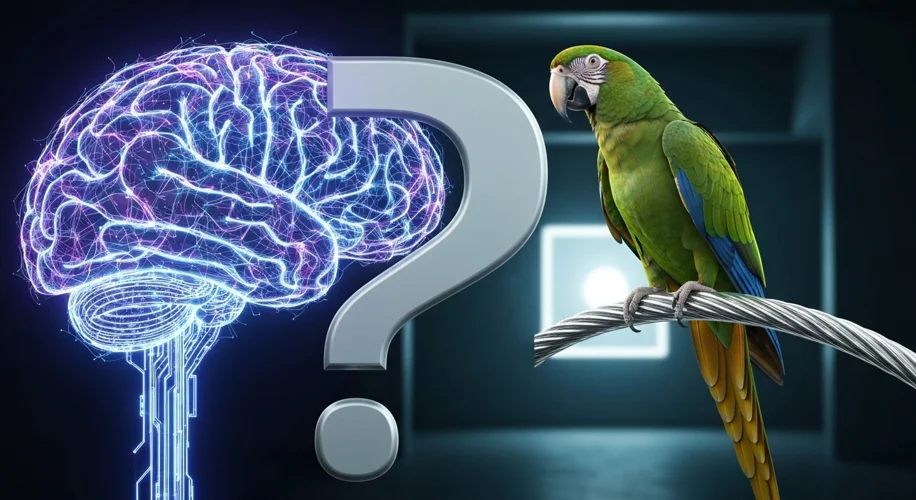Okay, so hear me out. We’ve all seen AI do some pretty wild stuff lately. From writing code to passing medical exams, it’s seriously impressive. But as someone knee-deep in AI research, I’ve been thinking a lot about a fundamental question: is this real intelligence, or just a super-fancy simulation of it?
Let’s break it down. When we talk about AI like GPT-5, we’re often talking about Large Language Models (LLMs). These models are trained on massive amounts of text and data. Think of it like reading the entire internet and then being asked to write an essay about it. They’re incredibly good at recognizing patterns, predicting the next word in a sentence, or even generating creative text that looks like human output.
But here’s the catch: is pattern recognition the same as understanding? When an AI writes a poem, it’s not necessarily feeling the emotions it’s describing. It’s learned from countless poems that certain words and structures evoke certain feelings in humans. It’s mimicking the output of intelligence based on the data it’s processed.
Think about it this way: you can teach a parrot to say “I love you.” The parrot might sound genuinely affectionate, but it doesn’t truly grasp the concept of love. It’s repeating a sound it’s been trained to make in certain contexts. LLMs, in a way, are like super-intelligent parrots. They can string together words and concepts in ways that are remarkably coherent and even insightful, but the underlying ‘understanding’ or ‘consciousness’ is a whole different ballgame.
This isn’t to say AI isn’t useful, far from it. These tools are powerful for tasks like summarizing information, generating ideas, or even debugging code. My own work often involves using AI to help process data or brainstorm solutions. It’s like having an incredibly knowledgeable assistant who’s always on call.
However, the debate about genuine intelligence versus sophisticated simulation touches on some deep philosophical questions. Does intelligence require consciousness, self-awareness, or subjective experience? If an AI can perform all the tasks a human can, does that make it intelligent, regardless of whether it ‘feels’ anything?
Right now, most AI systems, as incredible as they are, operate on complex algorithms and statistical models. They don’t have personal beliefs, desires, or the lived experiences that shape human intelligence. They’re more like incredibly sophisticated calculators that can handle language and complex patterns.
So, is AI truly intelligent? In the human sense, probably not yet. But is it a powerful simulation that’s rapidly changing how we interact with information and technology? Absolutely. It’s a fascinating space to be in, and I’m excited to see where this conversation, and AI itself, takes us next. What do you guys think? Is it the real deal, or just a really convincing act?

